The Role of AI in Shaping SEO in 2025
In the ever-evolving digital landscape, staying ahead of search engine optimization (SEO) trends is critical for businesses looking to maintain their online visibility. As we step into 2025, artificial intelligence (AI) is not just a tool for SEO—it’s the driving force shaping the future of the industry. This blog explores the pivotal role AI plays in SEO, its transformative impact, and strategies businesses can adopt to stay competitive.
How AI will impact SEO in 2025?
Smarter Search Algorithms
Search engines like Google have integrated AI to refine their algorithms. RankBrain, BERT, and MUM (Multitask Unified Model) are prime examples of how AI interprets search intent with greater accuracy. In 2025, these algorithms will:
- Understand nuanced queries and context better.
- Deliver more personalized search results.
- Prioritize content that aligns with user intent.
Practical Tip: Focus on creating user-centric content that answers specific queries while optimizing for intent, not just keywords.
Advanced Keyword Analysis
AI-powered tools now provide deeper insights into keyword performance. Beyond search volume and competition, they analyze:
- User behavior patterns.
- Seasonal trends.
- Semantic relationships between keywords.
Practical Tip: Use tools like SEMrush and Ahrefs to identify long-tail keywords and develop topic clusters for improved content relevance.
Enhanced User Experience (UX)
AI enables businesses to create more engaging and user-friendly websites. From adaptive content to predictive analytics, AI ensures that user expectations are met, directly influencing metrics like dwell time, bounce rate, and click-through rate (CTR).
Practical Tip: Implement tools like heatmaps and A/B testing platforms to refine UX and boost user engagement.
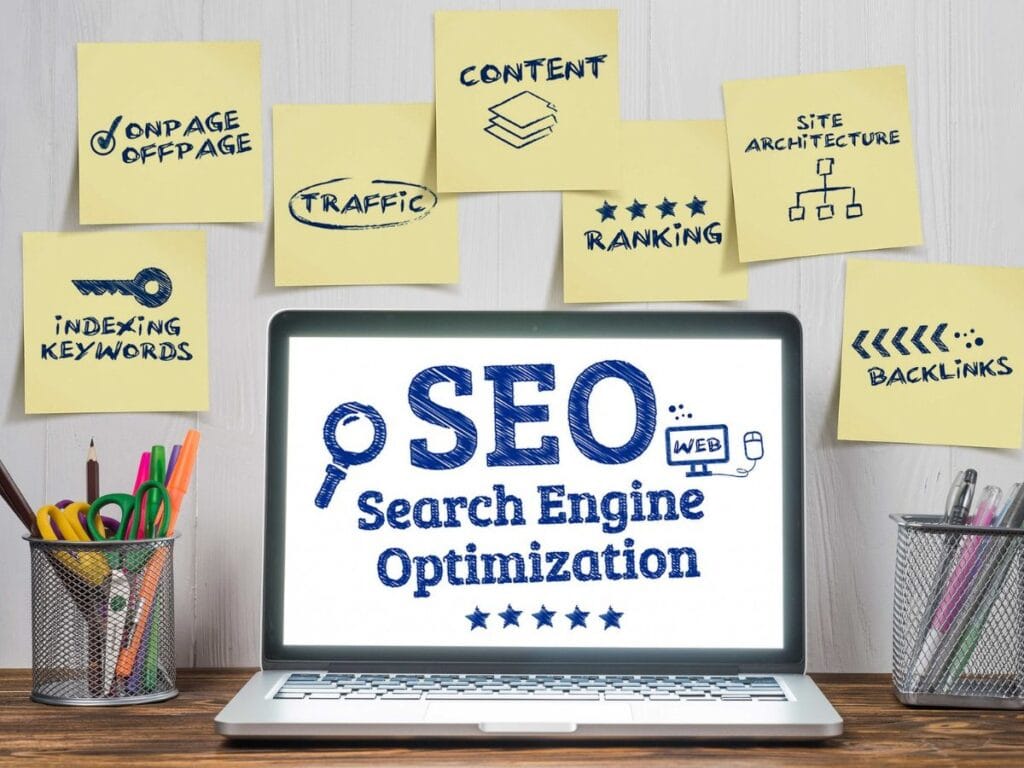
Redefining Strategies with AI in 2025
Voice search optimization is a game-changer. The ubiquity of smart assistants like Alexa and Google Assistant underscores the importance of natural language processing (NLP). Businesses optimizing for conversational queries and local intent are reaping the rewards of this AI-powered trend.
Content strategy has also entered a predictive era. AI tools analyze vast datasets to uncover upcoming trends, enabling marketers to craft evergreen, high-performing content. This real-time adaptability ensures businesses stay ahead of the curve.
Personalization is no longer optional; it’s essential. AI enables hyper-personalized experiences, whether through dynamic website content, tailored email campaigns, or intelligent product recommendations. This deep connection with users fosters loyalty and enhances conversions.
Technical SEO Metrics for 2025
Core Web Vitals
Meeting Core Web Vitals thresholds is crucial for improved search rankings. Target metrics for 2025 include:
- Largest Contentful Paint (LCP): < 2.5 seconds
- First Input Delay (FID): < 100 milliseconds
- Cumulative Layout Shift (CLS): < 0.1
- Time to First Byte (TTFB): < 600ms
Practical Tip: Use Google PageSpeed Insights to monitor and optimize these metrics.

Mobile-First Indexing
Google prioritizes mobile-first indexing, requiring:
- Dynamic serving with proper HTTP headers.
- Identical primary content across mobile and desktop versions.
- Structured data on all device types.
Practical Tip: Regularly test mobile compatibility with tools like Google’s Mobile-Friendly Test.
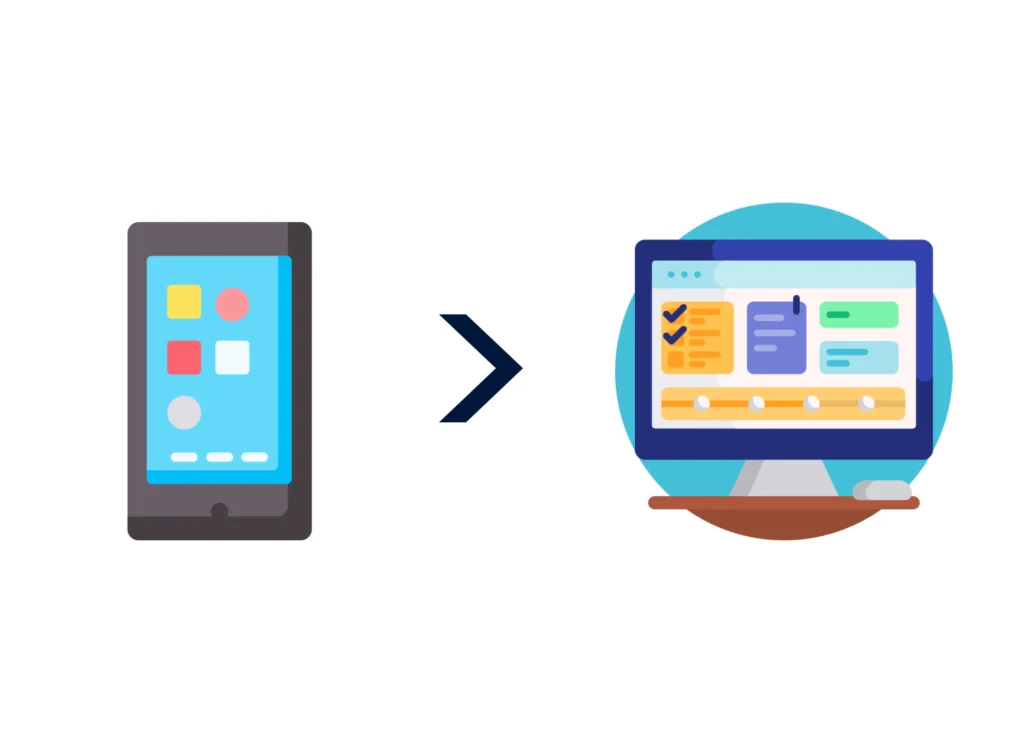
Multilingual SEO with AI
AI enables businesses to reach global audiences through automated translation and cultural context optimization. According to a 2024 Semrush study:
- AI-driven translation + local optimization improves performance by 68%.
- Considering cultural context increases engagement by 45%.
Practical Tip: Combine AI translation tools like DeepL with human editing for localized accuracy.
Generative AI: Revolutionizing SEO Content and Beyond
Generative AI is revolutionizing the digital landscape, particularly in content creation and optimization. Tools like ChatGPT are no longer just writing assistants—they are strategic allies for enhancing SEO. They help create engaging blog posts, craft SEO-friendly metadata, generate innovative content ideas, and even produce multilingual content for global reach.
By automating repetitive tasks, these tools allow SEO professionals to focus on high-level strategy while maintaining a balance between efficiency and creativity. Generative AI ensures content not only aligns with audience preferences but also meets technical SEO requirements.
Google AI Overview
Google’s commitment to AI innovation is shaping its core technologies. With MUM (Multitask Unified Model), Google has redefined search by understanding complex queries and delivering results in multiple formats—text, video, and images. These advancements aim to create a more seamless and intuitive user experience. Meanwhile, Google’s AI-driven tools like Google Lens continue to bridge the gap between traditional and visual search, opening new opportunities for optimization.
Strengths of Google AI:
- Comprehensive multi-format search results.
- Advanced natural language processing for nuanced queries.
- Integration across Google’s extensive platform ecosystem.
Bing and AI
Bing is making significant strides in AI integration, delivering personalized search experiences through advanced deep learning models. Its collaboration with OpenAI, including integrating ChatGPT into its search engine, provides users with conversational search functionality that simplifies complex queries and delivers actionable insights.
This partnership reflects a growing trend of search engines leveraging generative AI to differentiate themselves in a competitive market. Bing’s AI capabilities position it as a key player to consider when crafting SEO strategies for 2025 and beyond.
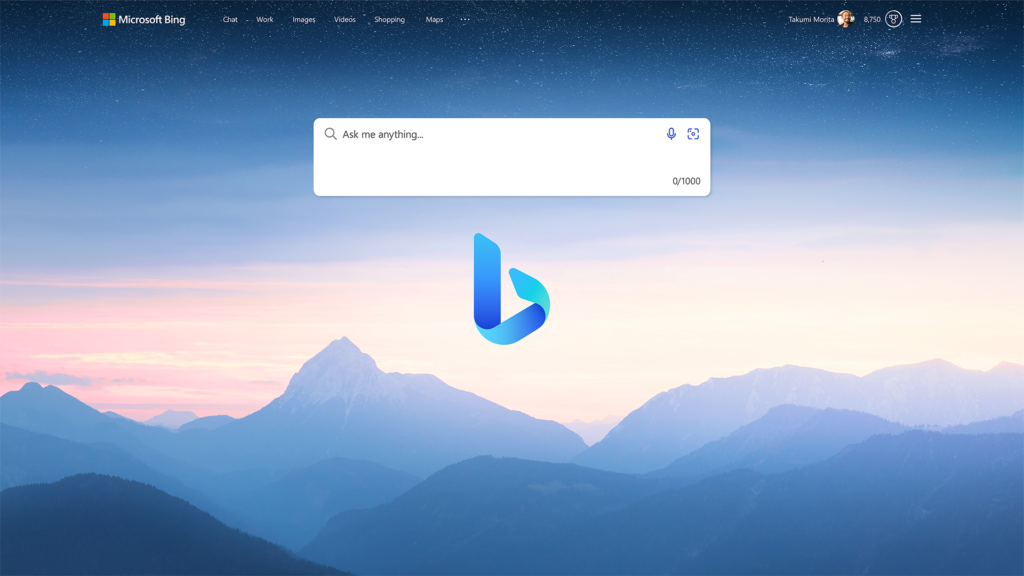
ChatGPT & SearchGPT
ChatGPT has become a key tool for content creation—helping generate blog outlines, refine readability, and create meta descriptions. On the other hand, SearchGPT refines search engine functionality by predicting user intent, delivering highly contextual results, and supporting multilingual SEO efforts. Together, they merge content creation with sophisticated search insights, forming a powerful SEO strategy toolkit.
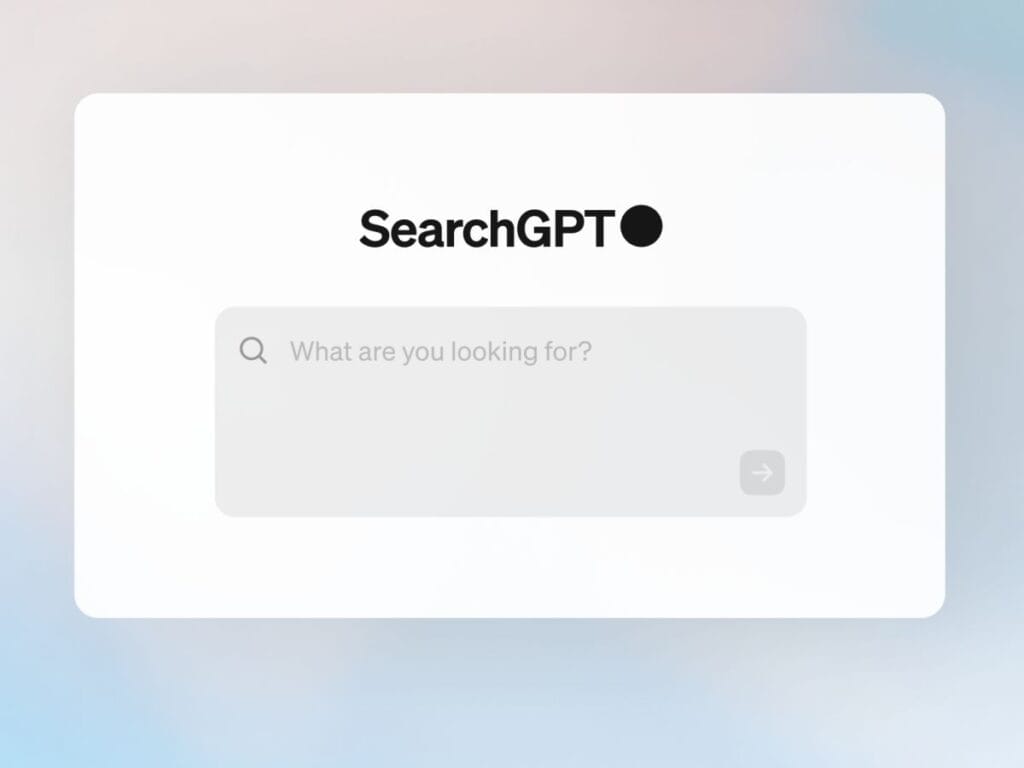
Difference Between Google AI Overview and SearchGPT
As AI continues to reshape SEO, Google AI and SearchGPT stand out as two transformative tools, each excelling in distinct areas.
| Aspect | Google AI | SearchGPT |
|---|---|---|
| Primary Focus | Enhancing traditional and multi-format search experiences. | Refining search intent and delivering highly contextual results. |
| Key Strengths | Multi-format (text, video, image) query handling, visual search integration. | Conversational search, multilingual SEO capabilities, actionable insights. |
| Target Users | Broad user base, from general searchers to content creators. | SEO professionals and businesses seeking precision in search optimization. |
| Applications Beyond SEO | Extensive integration across Google services like Ads, YouTube, and Maps. | Specific to search improvements and intent analysis for global SEO. |
Google’s Algorithmic Shifts in 2025
Transparency has been a key theme in Google’s recent updates. Leaks reveal a heightened focus on user-centric experiences, with AI combatting spam and manipulative practices. Core Web Vitals continue to dominate, emphasizing speed and mobile optimization. At the same time, E-E-A-T (Experience, Expertise, Authoritativeness, Trustworthiness) remains crucial for content creators aiming to establish credibility.
Visual search is another frontier reshaped by AI. Optimizing for image-based queries, fueled by tools like Google Lens, is becoming a cornerstone of modern SEO strategies.
For general SEO strategies, Google AI remains a cornerstone due to its dominance in the search market and its integration across a wide range of platforms. However, for specialized use cases like search intent analysis or multilingual optimization, SearchGPT offers unmatched precision and functionality.
Key Algorithm Updates
In 2025, SEO professionals should focus on:
- Core Web Vitals: Ensuring fast loading speeds and mobile optimization.
- E-E-A-T (Experience, Expertise, Authoritativeness, Trustworthiness): Publishing high-quality, credible content.
- Visual Search: Optimizing for image-based queries as AI improves visual recognition.
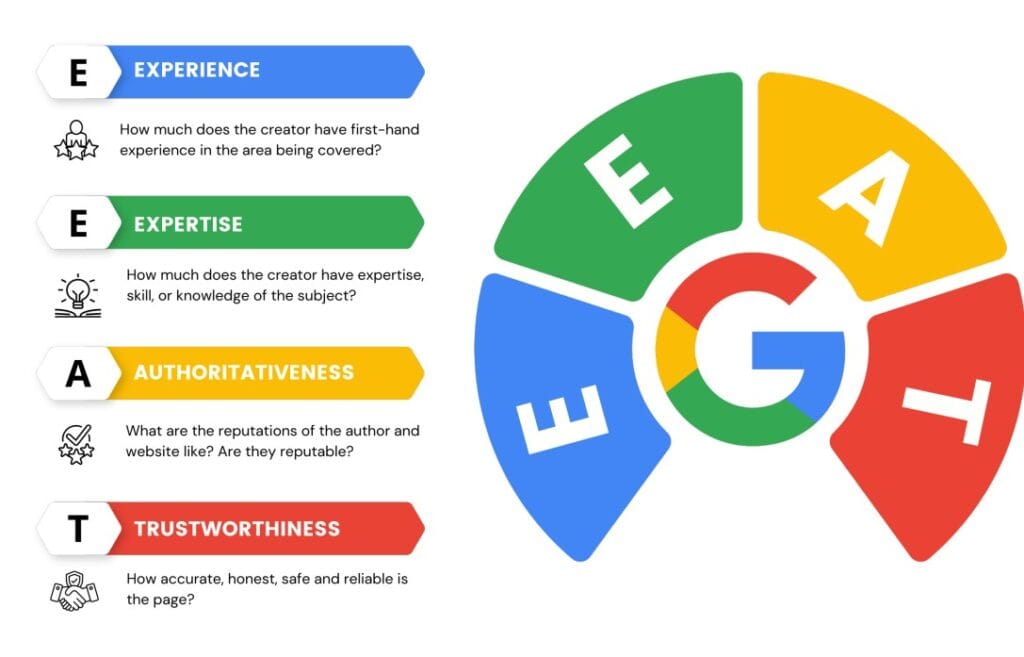
Tools Powering the AI-Driven SEO Revolution
The integration of AI into SEO tools has never been more dynamic. Platforms like Power BI and Tableau offer actionable insights through advanced analytics, while AI-driven solutions such as SEMrush and Ahrefs refine keyword research and competitor analysis. Visual AI tools, including Pinterest Lens, are driving new possibilities in e-commerce, optimizing images, and enhancing the shopping experience.
Ethical Considerations in an AI-Driven World
With great power comes great responsibility. As AI becomes central to SEO, ethical practices must guide its use. Transparency in algorithmic decisions, avoidance of manipulative techniques, and a commitment to authenticity are non-negotiable for sustainable success.
Artificial intelligence is reshaping SEO at an unprecedented pace. From intuitive search algorithms to hyper-personalized user experiences, AI enables businesses to deliver unparalleled value. Embracing these advancements isn’t just about staying competitive—it’s about thriving in a digital-first world.
Ready to transform your SEO strategy with AI? Partner with SEO AI Marketing and unlock the full potential of AI-driven solutions, ensuring you’re always ahead of the curve in 2025 and beyond.

Empowering your success through AI innovation. At SEO AI Marketing, we leverage cutting-edge AI-driven strategies to transform your digital presence, enhance your SEO, and unlock measurable growth. Let’s lead the future of digital marketing together.

